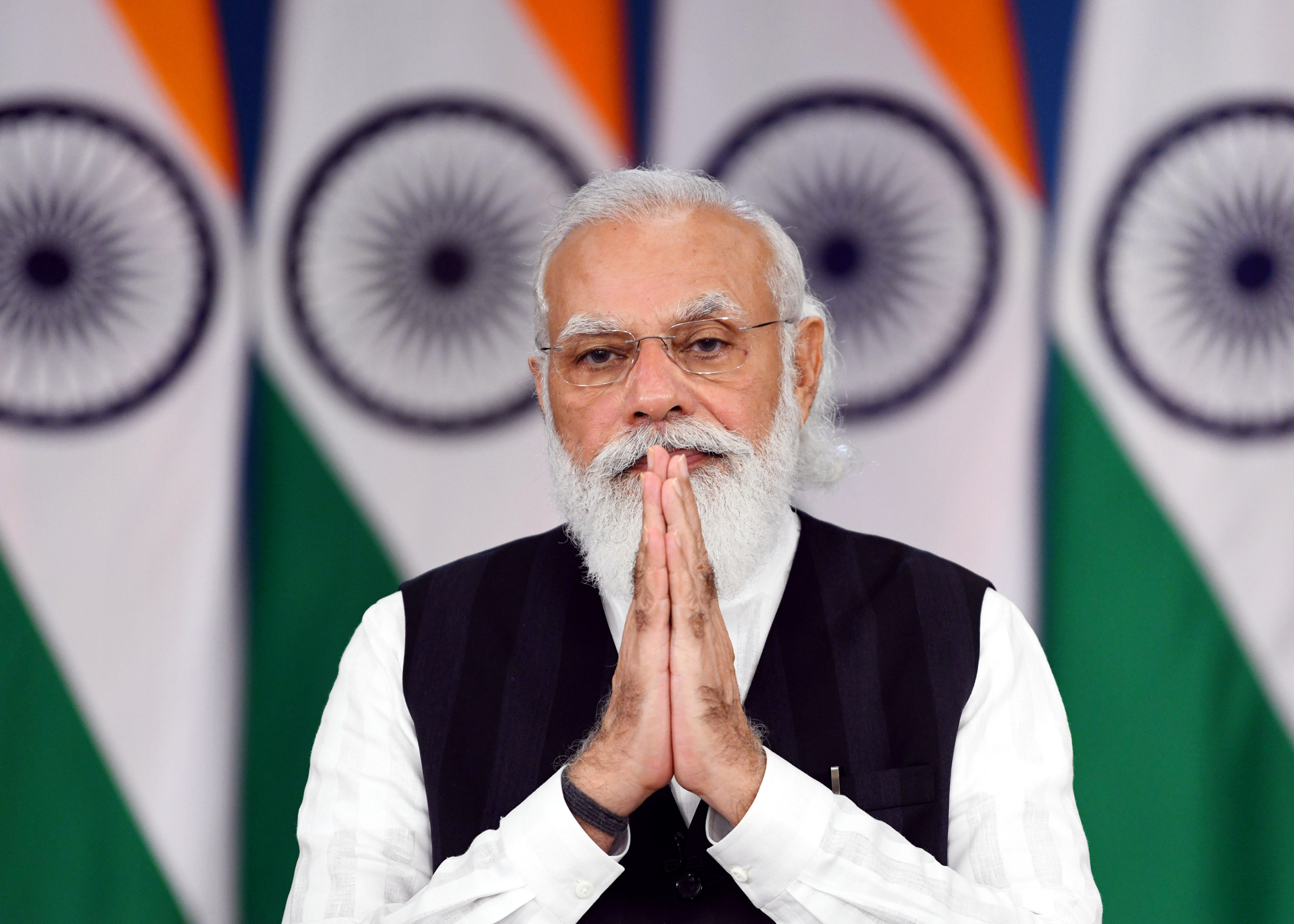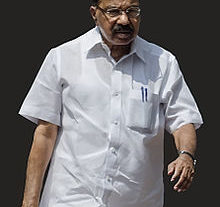By: FATIMA HASAN
At a time when India is embroiled in border issues and preparing to deal with the threats from Afghanistan-Pakistan-China axis, the recent comments by Australian Prime Minister Scott Morrison welcoming China into the Quad assumes significance. India is a member of the Quad (Quadrilateral Security Dialogue) grouping—which includes Japan, Australia and USA — working to promote free and open Indo-Pacific. Such a proposal may not directly have any influence on the other countries but may have direct implications on India’s relations with China.
Interestingly, Australia’s proposal also comes amid its unfriendly relations with China. On 16th September 2021, Australia announced a complex plan to purchase American nuclear submarines, in cooperation with Great Britain. It is a key element of the new AUKUS (Australia-UK-US) political-military alignment.
Although China was not specifically mentioned in the news announcements, observers interpreted it as a major blow to Australian-Chinese relationship with Australia firmly allying with the United States in military terms in the region. Besides Australia, China shares strained relations with Japan since the time of the Sino- Japanese War. The war grew out of conflict between the two countries for supremacy in Korea.
On 7th September, while addressing the session, Indian foreign minister Jaishanker cited the “strategic recalibration of the United States” and the “impressive growth of Chinese power” as the reasons for the emergence of the concepts of the Indo-Pacific and the Quad. In 2017, Quad security dialogue was revived by its members to counter China’s growing influence in South China Sea.
The latest comment by the Chinese foreign minister ahead of the Quad summit that the group is “close and exclusive clique” which was “doomed to fail’ makes chances of China accepting Australia’s offer to join Quad grouping vague and ‘wait and watch’ show. The stance of China is unclear as yet. Going by the military might, China is strong in the region and it has not realized the threat from the Quad members and it has not made any efforts to resolve the issues with the US and Australia.
Whether China will join the Quad with its own underlying interests or with the objective of security, the Quad can work for a permanent dialogue between India and China on their stand-off. The latest comment by the Indian government that “the outstanding areas of aggression will continue to creep in unless a treaty is in place| can perhaps be viewed in the context of Australian proposal to include China. India has border issues with China on Galwan Valley since June last year.
In this backdrop, it is all important to note that US Vice-President Kamala Harris, in her remarks in August, asserted that “USA will unite with its allies to check on Beijing’s advances in the region.” Presently, the tensions between the United States and China deteriorated even further under the Biden administration, which made China one of its focal points in implementing U.S. foreign policy. The ongoing differences between the two super powers stem from the Biden administration focussing on China’s treatment of Hong Kong, threats against Taiwan, the Uyghur genocide and the Chinese cyber warfare.
What it will mean to India?
In the Pacific region, India has little stakes as it focus is on the Indian Ocean region (IOR). But, then, with the expansion of China into South Asia and the IOR, India is facing a real threat. As far as Western Pacific region is concerned, India has a symbolic stance. China increasing its footprint in the IOR can be viewed as essential for it as it serves as trade transit between the People’s Republic and many Asian countries. Thus, the region has become the focal point for trade corridors and China is trying to become the sole maritime power by reigning over it. Moreover, as of today China is more concerned with South China Sea.
To ensure that India’s hold is not impacted in any way, it should strengthen its ties with Indian Ocean Rim Association [IORA] with 22 member countries and formulate policies and enter into bilateral security and trade pacts. China is not part of this association.



